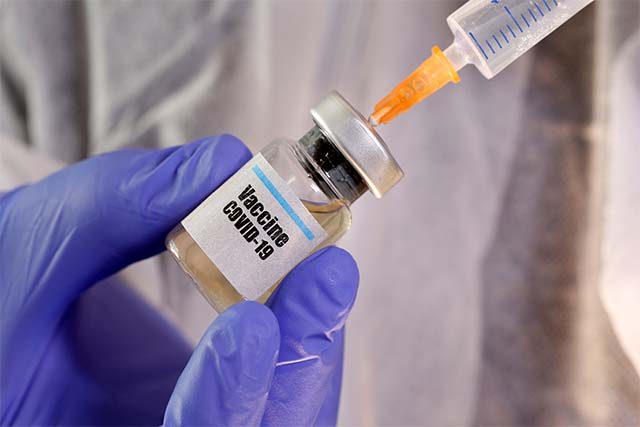
JAKARTA/BEIJING — China’s Sinovac Biotech Ltd launched on Tuesday a late-stage human trial involving as many as 1,620 patients in Indonesia for a COVID-19 vaccine candidate that it is developing with Indonesian state-owned peer Bio Farma.
The candidate, known as CoronaVac and previously PiCoVacc, is among few potential vaccines that have entered late-stage trials for a large-scale study to gather proof of efficacy for regulatory approval.
CoronaVac is already undergoing a late-stage trial in Brazil slated for as many as 9,000 people.
Its Indonesia trial comes as Southeast Asia’s most populous country grapples with spiking infection numbers, with over 127,000 cases recorded as of Tuesday. The trial has so far recruited 1,215 people and will last six months.
A ceremony for the launch on Tuesday in Bandung, West Java, was attended by Indonesia’s President Joko Widodo.
“The threat of COVID-19 will not subside until a vaccine is given to all the people,” Widodo said.
Sinovac expects to also test the vaccine candidate in Bangladesh.
Separately, Sinovac late on Monday released details from a mid-stage, or Phase 2, study in which it said the vaccine candidate appeared to be safe and induced detectable antibody-based immune responses in subjects.
In the Phase 2 clinical trial involving 600 participants in China, the candidate did not cause any serious side effect and the rate of fever was relatively low compared with other COVID-19 candidates, the paper showed ahead of peer review.
Sinovac has to test its vaccine abroad because China is no longer a satisfactory site for late-stage trials due to the low number of new infection cases. —Reporting by Stanley Widianto and Maikel Jefriando in Jakarta and Roxanne Liu in Beijing; Additional reporting by Kate Lamb in Sydney; Editing by Sayantani Ghosh and Christopher Cushing









